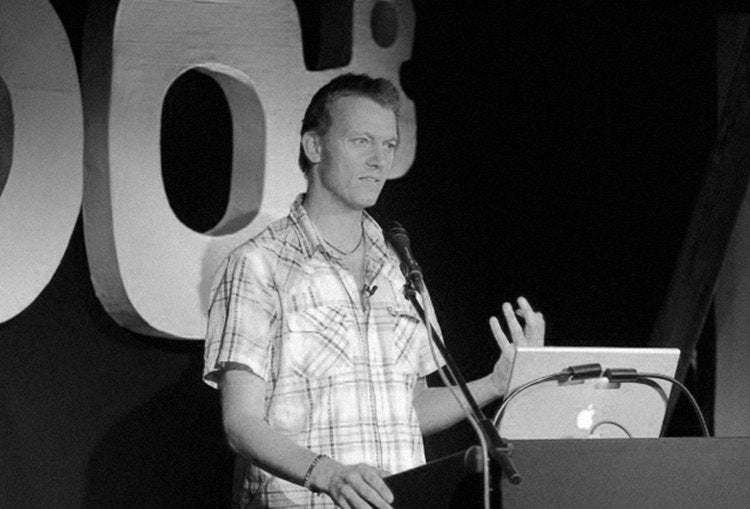
Everyday Action Matters
Share
Insight
Every day, everywhere, through spontaneous and planned actions, people are changing the world, together. These everyday actions come from the growing desire to do it ourselves – planting vegetables, organising a community day to get people involved in improving where we live, exposing exploitative firms, taking responsibility for our health, making cups of tea in a social centre, figuring out how to install a shower powered by the sun, making a banner, supporting strikers, pulling a prank to make someone laugh, as well as think.
A whole range of groups from the Camp for Climate Action to No Borders and Social Centres are showing how people can take back control and organise to create a more just and sustainable world.
Paul's talk is about this kind of DIY politics: a call to get involved in practical action and reflection to create more sustainable and fairer ways of living. It is based on the recent book called ‘DIY: a handbook for changing our world’ which he co-wrote with the Trapese Popular Education Collective.
—
Paul Chatterton teaches in the School of Geography at the University of Leeds where he and researches and teaches on: international protest movements mainly looking at the popular uprising in Argentina since 2001 and the Zapatistas autonomous communities of Mexico; the ways in which city centres are increasingly becoming privatised and corporatised; and alternative models of development focusing on self-management.
At the university, he is co-managing a grant funded by the Economic and Social Research Council which explores the ways in which social activists and community groups are developing self-managed models for organising social and economic life beyond the welfare state. He is also working on a collaborative research project entitled ‘Who runs Cities?’ which promotes citizen engagement in urban governance.
His recent publications include a guide to the autonomous Argentinian social movements and an activist handbook collaboratively written with the popular education collective Trapese published by Pluto Press called ‘Do It Yourself: A handbook for changing our world’.
Paul is also course director of a new Masters Programme at the University of Leeds called ‘Activism and Social Change’. He is one of the founders of the Common Place social centre in Leeds and is currently helping to start up an eco-village in Leeds.
